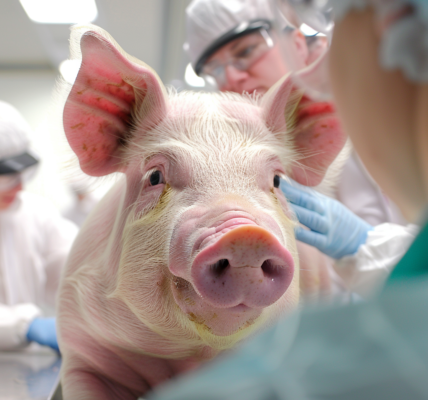A new study has revealed that facial temperatures can be a key indicator of underlying health conditions in individuals. Researchers have found that variations in facial temperature can be linked to chronic illnesses such as diabetes, high blood pressure, and metabolic disorders.
The study, published in the journal Cell Metabolism, highlights how specific AI-derived spatial temperature patterns can be used to detect these temperature differences that are not easily detectable by touch. By utilizing a thermal camera and a data-trained model, doctors may one day be able to use this non-invasive approach for early detection of diseases.
Jing-Dong Jackie Han, the corresponding author of the study from Peking University, emphasizes the potential of this tool in promoting healthy aging and disease prevention. The research team analyzed facial temperatures of over 2,800 Chinese participants aged between 21 and 88. Through AI models, they identified key facial regions where temperature variations were significantly associated with age and health status, including the nose, eyes, and cheeks.
The findings revealed that individuals with metabolic disorders like diabetes and fatty liver disease exhibited faster thermal aging, with higher temperatures around the eyes compared to their healthy counterparts. Similarly, individuals with elevated blood pressure showed higher temperatures in the cheek area.
Further analysis of blood samples indicated that the increase in facial temperatures in certain regions was linked to heightened cellular activities related to inflammation, DNA repair, and immune response. These activities contributed to the rise in temperatures observed in individuals with underlying health conditions.
The study suggests that monitoring facial temperatures could offer valuable insights into an individual’s health status and aging process. By leveraging AI technology and thermal imaging, researchers aim to develop a simple and effective method for early disease detection and intervention.





